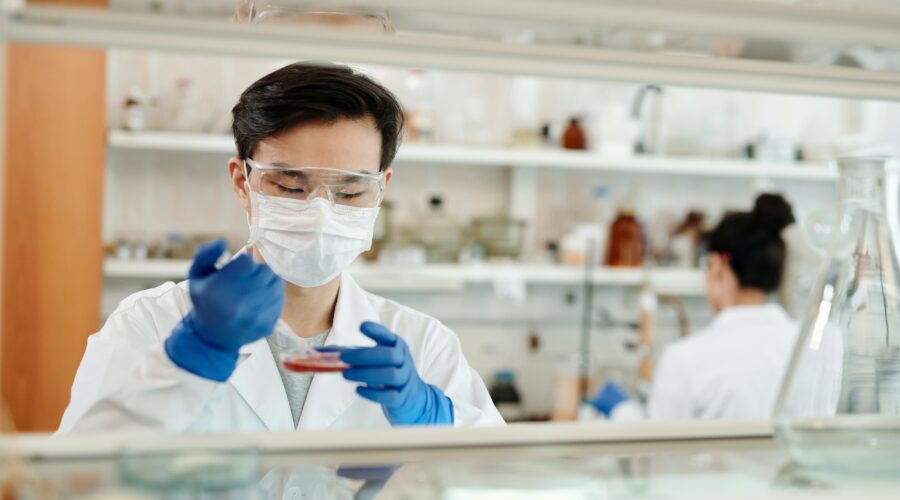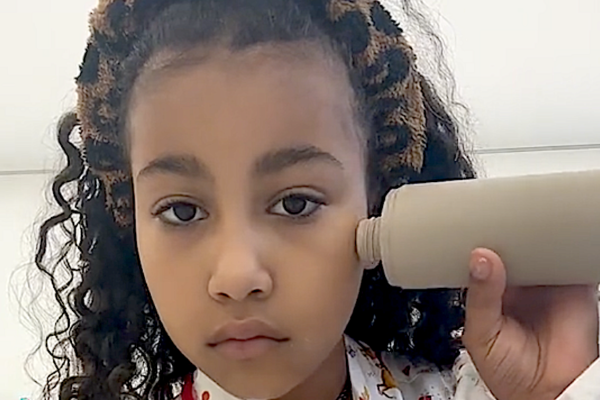Sinclair Lab scientists reverse aging in mice by manipulating genetics. Could human anti-aging drugs be next?
Scientists have made a groundbreaking discovery that could potentially reverse the aging process.
A team of researchers at the Salk Institute for Biological Studies in California were able to rejuvenate cells and improve the physical capabilities in aged mice, according to CNN.
They activated a protein known to play a role in aging. When it’s turned on, it causes inflammation and cell damage, leading to the deterioration of the body’s tissues and organs.
However, reactivating this same protein in elderly mice improved their physical abilities, such as endurance and strength.
The science aging has now changed
This research shoots down the old theory that aging is caused by a buildup of “junk” in your DNA.
“It’s not junk, it’s not damage that causes us to get old,” anti-aging expert David Sinclair, a professor of genetics in the Blavatnik Institute at Harvard Medical School, told CNN.
“We believe it’s a loss of information — a loss in the cell’s ability to read its original DNA so it forgets how to function — in much the same way an old computer may develop corrupted software. I call it the information theory of aging.”
In other words, the body’s DNA blueprints get muddled, but this study shows the body has a backup copy of your cellular information.
This means, no matter your age or health, this fountain of youth in inside you.
Once the body’s youthful backup copy of itself is accessed, “the body will then remember how to regenerate and will be young again, even if you’re already old and have an illness. Now, what that software is, we don’t know yet. At this point, we just know that we can flip the switch.”
Reaseachers set sights on diseases of aging
The study’s lead author, Dr. Juan Carlos Izpisua Belmonte, said in a statement, “… we can reverse the aging process and improve the physical capabilities of mice that were already old.”
Belmonte added that the findings “could have important implications for the treatment of age-related diseases and the development of therapies to prevent or reverse the aging process in humans.”
The researchers believe that the same process could be used to treat Alzheimer’s and heart disease.
If these findings can be replicated in humans, it could change the way we think about aging and open up new possibilities for the treatment of age-related diseases.
The study has been published in the journal Cell.




